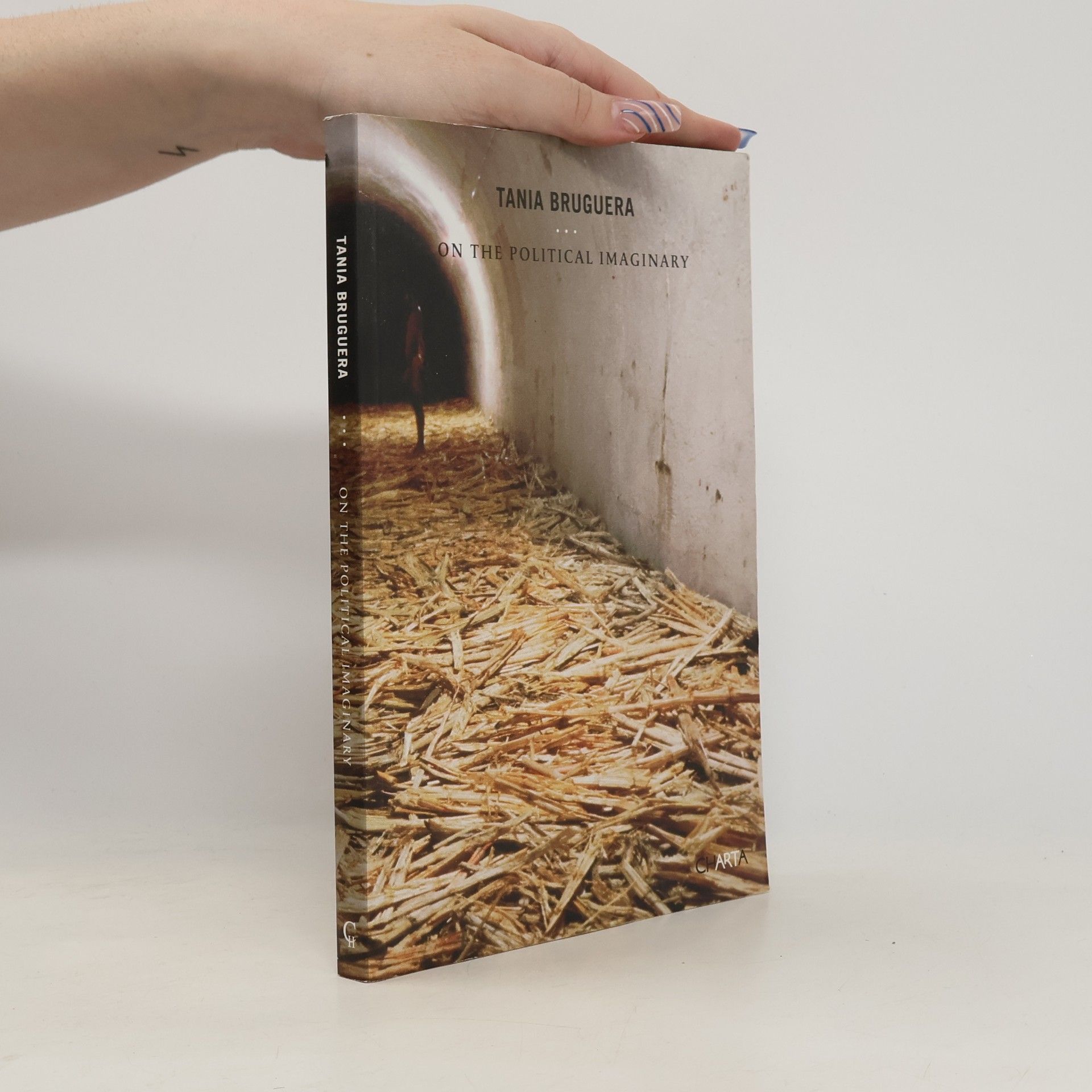The Francis Effect
- 96 stránok
- 4 hodiny čítania
"The Francis Effect was about proposing something completely absurd, as absurd as borders are. If Immigrant Movement was for the thousands of people who went there, The The Francis Effect was just for one person, the pope. But the more people that participated, the more personal it became." -Tania Bruguera Stemming from a performance at the Guggenheim Museum, The Francis Effect explores Tania Bruguera's work as an artist, activist, Latin-American emigrant engaging the tension between art's pragmatic, activist, and aesthetic possibilities. The performance of The Francis Effect follows the guise of a political campaign, aiming to request that the Pope grant Vatican City citizenship to all immigrants and refugees. As a conversational, collaborative project, the resulting book mirrors Bruguera's artistic practice with essays, conversations, and letters from the the curators and Bruguera. In addition, the book-project is embiggened by socially-engaged commissioned essays from art historian Matthew Jesse Jackson, sociologist Saskia Sassen, and historian Nicolas Terpstra. A groundbreaking interdisciplinary discussion of borders, Pangaea, sociology, and religious studies, The Francis effect offers art as a vehicle for social change, placing this work in the context of its creative and critical reception.

